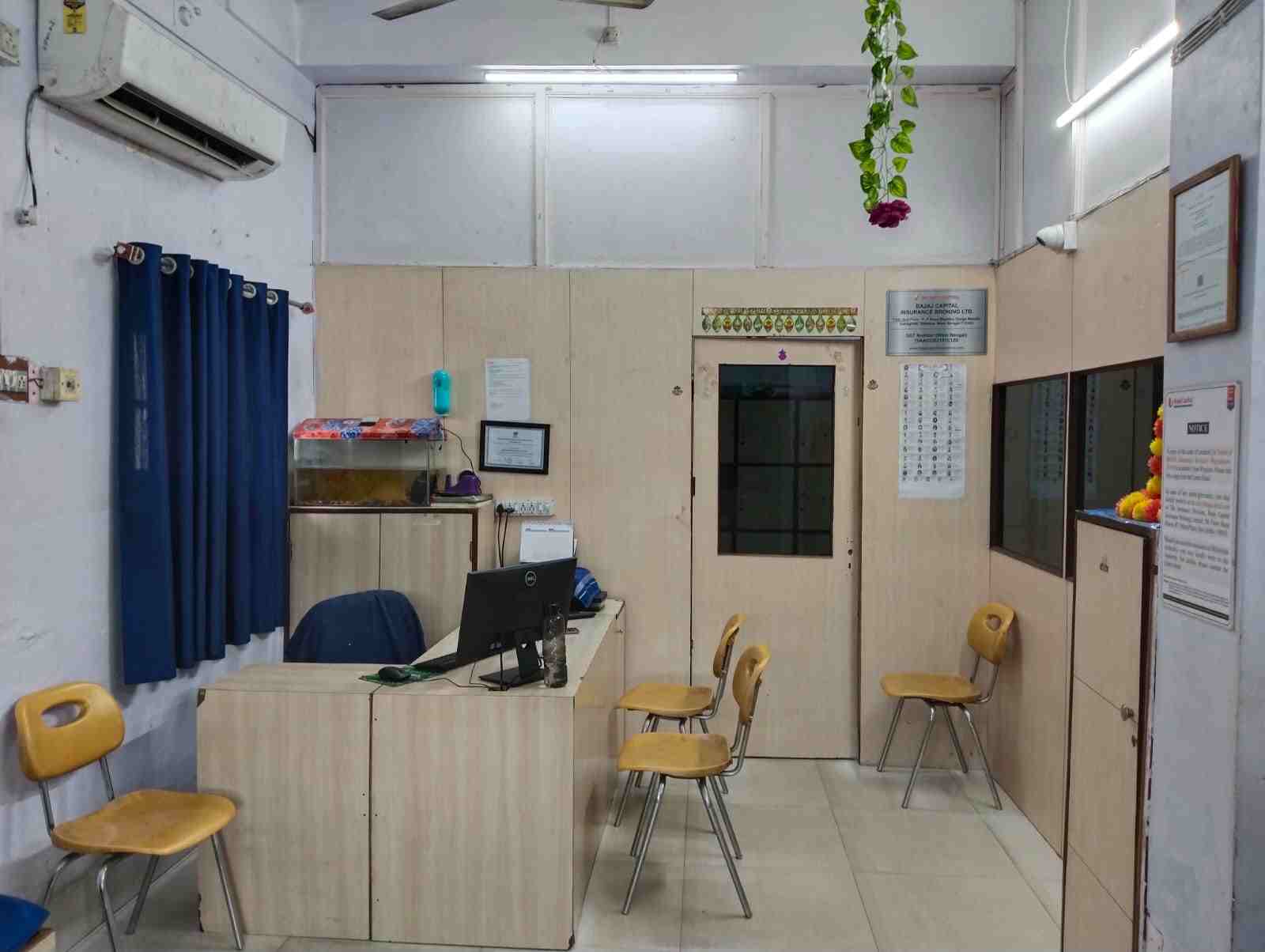It is important to know legal terms in real estate transactions. This helps make transferring ownership smooth and avoids future conflicts. One key term is “Mutation of Property.” Buyers and sellers often overlook mutation. However, it is a crucial step in proving legal ownership to local revenue authorities.
This article explains What is mutation of property. It covers the procedure, importance, and specific rules in Delhi.

What Is Mutation of Property
This process is what I often call “Mutation of Property.” It means a change or update in local records.
After a property is transferred from one person to another, the new owner must update the records. This is called the property mutation process. During this process, the new owner’s name is added to the local revenue or municipal records.
- To change the ownership, you need to do it for tax reasons. This ensures that the property tax receipts are in your name, as the current owner.
- Even if its genetic code is perfect, the old owner’s name may still appear in city records after you buy it.
- However, a mutation does not mean ownership. Proof of ownership comes from a sale deed, gift deed, or will. A mutation is an important document for tax and revenue records.
What Is the Procedure for Mutation of Property
The process of changing property ownership varies by state, but the basic steps are similar:
1. Submit an Application
Mutation of Property in Mumbai. The new owner must visit the local body office for mutation. This could be the Municipal Corporation’s Office or online, if available. Most cities and towns now offer online property mutation services.
2. Provide Required Documents
The documents listed below are usually required:
- Copy of the registered sale deed, gift deed, will, or similar document.
- Proof of payment of property tax is current.
- The new owner must show proof of identity, like an Aadhaar card or PAN card.
- Affidavit of tenant/transfer of ownership
- Death Certificate (if the mutation is inherited)
3. Verification by Authorities
The Lalpur superintendent or revenue officer checks the papers and does any needed survey.
4. Payment of Mutation Fees
A small mutation charge is applied based on location and property size.
5. Issuance of Mutation Certificate
Once approved, the city records are updated to show the new owner’s name. A mutation certificate is then issued to confirm this change.
What Is Meant by Mutation of Property
It is simply a record of ownership change in government files. This happens after ownership is transferred by sale, lease, inheritance, gift, or other legal ways.

What is mutation of property – Contact Number +91-9654852919
- A small mutation charge is applied based on location and property size.
- Once approved, the city records are updated to show the new owner’s name. A mutation certificate is then issued to confirm this change.
It is simply a record of ownership change in government files. This happens after ownership is transferred by sale, lease, inheritance, gift, or other legal ways.
What Is Mutation of a Property
In simple terms, mutation of property means changing the title ownership. This happens when one person sells the property to another.
Here are the main types of property transfer mutations:
- Mutation of Agricultural Land: This takes place at the local tehsildar’s office or revenue department. It is important to decide who can own agricultural land and earn income from farming.
- Mutation of Non-Agricultural Land/Urban Property: In cities, changes are made with the local government to update property tax and utility records.
What Is Mutation of Property in Delhi
In Delhi, the MCD handles property mutation. The system is now easier to use and more user-friendly.
Key Points for Mutation in Delhi:
- You can apply using both online and offline methods.
- Some important documents are needed to transfer property after someone dies. You need a sale deed, proof of tax payment, identity proof, an affidavit, and a death certificate if needed.
- A fee is requested based on the size and location of the establishment.
- A mutation certificate is given within weeks after the MCD checks it.
Buyers in Delhi should complete the mutation right after buying a property. This helps avoid problems when selling or transferring the property later.
Importance of Mutation of Property
Many people underestimate the mutation of properties. However, it serves a few important purposes:
- Establishes Legal Recognition: It adds the new owner’s information to government records.
- Tax Compliance: Checks that the property tax bill is in the correct name.
- Smooth Future Transactions: This ensures that future sales or transfers can happen smoothly. Updated ownership can be easily proven.
- Prevents Disputes: It stops arguments by showing who really owns something in public records.
- Facilitates Loans and Utilities: When it comes to property loans, banks usually require mutation certificates. Utility service providers may also ask for them.
Documents Required for Mutation of Property
Depending on the state, the list may include:
- Completed mutation application form
- On stamped paper of the right value. (ii) A copy of the sale deed or gift deed must be attested.
- Property tax clearance certificate
- Proof of identity includes documents like Aadhaar, PAN, and Passport.
- Affidavit for transferring ownership
- “Death certificate of the previous owner (if this is for an inheritance case).”
- NOC from the housing society (if needed)
Mutation Fees
The mutation rate changes based on the size and location of the property.
- For homes, the fee is usually between ₹25 and ₹200 in most states.
- Fees for commercial or high-value properties may increase.
These fees are nominal compared to the importance of having updated records.
Mutation vs. Registration of Property
Many people confuse a mutation with property registration, but they are not the same thing.
| Aspect | Property Registration | Property Mutation |
|---|---|---|
| Purpose | Legal transfer of property ownership. | Updating ownership in city records. |
| Authority | Sub-Registrar’s Office | City Government or Revenue Department |
| Timing | At the time of sale or disposal. | After you finish registering |
| Legal Status | Confirms legal ownership | “Confirms ownership for taxes and utility mail.” |
There are two steps: one is registering for a legal transfer, and the other is mutation for government records.

Consequences of Not Mutating a Property
Not changing a property can cause some issues:
- One warning: Tax bills might still go to the previous owner.
- Ownership issues can lead to delays in loans or utilities.
- You could also put your heirs or the ability to resell at risk.
- The local government may add penalties or interest to taxes that are not paid on time.
Tips for Smooth Mutation of Property
- Get a mutation within one month of registering the property.
- “Please have all the original documents ready and organized.”
- “Pay all taxes that are due before you continue with the application.”
- If options are available online, use them for faster processing.
- “Ask a legal adviser or property consultant for help if you need it.”
✅ FAQ Section – What is Mutation of Property
Q1. What is mutation of property?
A mutation of property means notifying the taxpayer whose name will change in local government records. This happens after a legal sale, gift, or inheritance.
Q2. Why is property mutation important?
It ensures that property tax bills and city records show the current owner’s name. A change could stop conflicts, make resale easier, and reduce problems during loans.
Q3. Does mutation prove property ownership?
No. A registered sale deed shows ownership. A mutation does not change city records for taxes and utilities.
Q4. What is the procedure for mutation of property?
To apply for the mutation, fill out the required form. Please take it to the local municipal office. Bring the necessary documents like the sale deed, tax receipts, and an ID proof. Don’t forget to pay the fees.
Q5. What documents are needed for property mutation?
To register a sale deed, gift deed, or will, you need some basic property papers. These include the latest property tax receipt, ID proof, an affidavit, and a death certificate if required.
Q6. How long does it take to complete property mutation?
It usually takes 15 to 30 days after you submit all papers. However, the timing can vary by state or city.
Q7. What is the fee for property mutation in Delhi?
In Delhi, the Municipal Corporation of Delhi (MCD) charges between ₹25 and ₹200. The fee depends on the type and size of the property.
Q8. What happens if property mutation is not done?
The previous owner’s name might still show on tax records. This can cause problems when selling the property. It may also lead to delays or penalties during the loan approval process if property taxes are unpaid.
Conclusion – What is Mutation of Property
PROPERTY MUTATION It is important to officially record the new owner with the government’s revenue and municipal records. This step does not prove ownership by itself. However, it allows the property to be taxed. It also helps with property loan approval and serves as evidence in future home sales.
People living in cities like Delhi can use the online mutation system from the Municipal Corporation of Delhi (MCD). Getting a mutation done on time helps you avoid legal and financial problems, especially after buying a property.
You can get great help from experienced real estate agents like TriArtEstate.com. Property owners can complete the mutation process easily.
What is mutation of property – TriArtEstate COM +91-9654852919




Join The Discussion